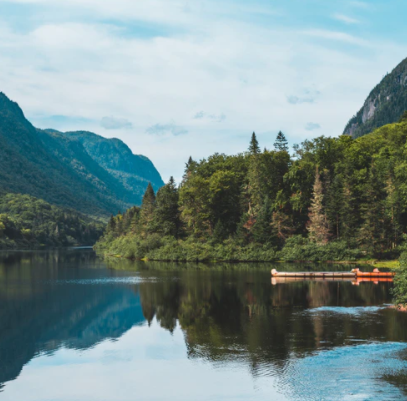COP26 coalition session on the role of Nature-based Solutions

This session was held as part of the COP26 Coalition gathering (12-16 Nov, 2020), and aimed to foster dialogue among coalition members and come to broad agreement on the role of nature in addressing the climate crisis at COP26. Specifically, the session focused on the nature-based solutions (NbS) concept, potential risks & benefits of NbS, and the role of safeguards, including 4 high-level guidelines that formulate a core vision on what constitutes successful and sustainable NbS.
The panel discussion highlighted marked concerns around the strong push by powerful corporate actors, notably the fossil fuel sector, to frame NbS as instruments for offsetting their emissions. There was unanimous agreement among panellists that such strategies are designed to uphold business as usual, posing a barrier to transformation towards low-carbon economies. Such strategies also hide the serious ecological and social risks fossil fuel extraction poses.
The 4 NbS guidelines provide overarching policy guardrails, with the aim of ensuring NbS best practice and avoiding their misuse, such as for offsetting by fossil fuel companies. However, concerns were highlighted by the panel about the effectiveness of safeguards to mitigate ecological and social risks on the ground. It can be very difficult to ensure that safeguards translate into practice across the diversity of contexts and landscapes where NbS take place. Similar concerns were raised at the GLF conference on Biodiversity. Hence, although safeguards offer an opportunity for actors in the NbS space to come together to hold governments and businesses undertaking NbS accountable, a greater effort is needed to ensure safeguards are enforced by governments and followed through on the ground.
The panel discussion converged around the need to foster discussions recognizing the interconnections between people and nature. Importantly, proponents of NbS should champion the potential for NbS to address multiple challenges simultaneously for people and nature, not only climate change, but as integrated approaches to address planetary health and human-wellbeing. To deliver on their promise, NbS should be led by local stakeholders in the landscapes where they are implemented, through a rights-based approach.
This panel was moderated by Alexandre Chausson from NbSI and co-organized by RSPB and Friends of the Earth in November.




